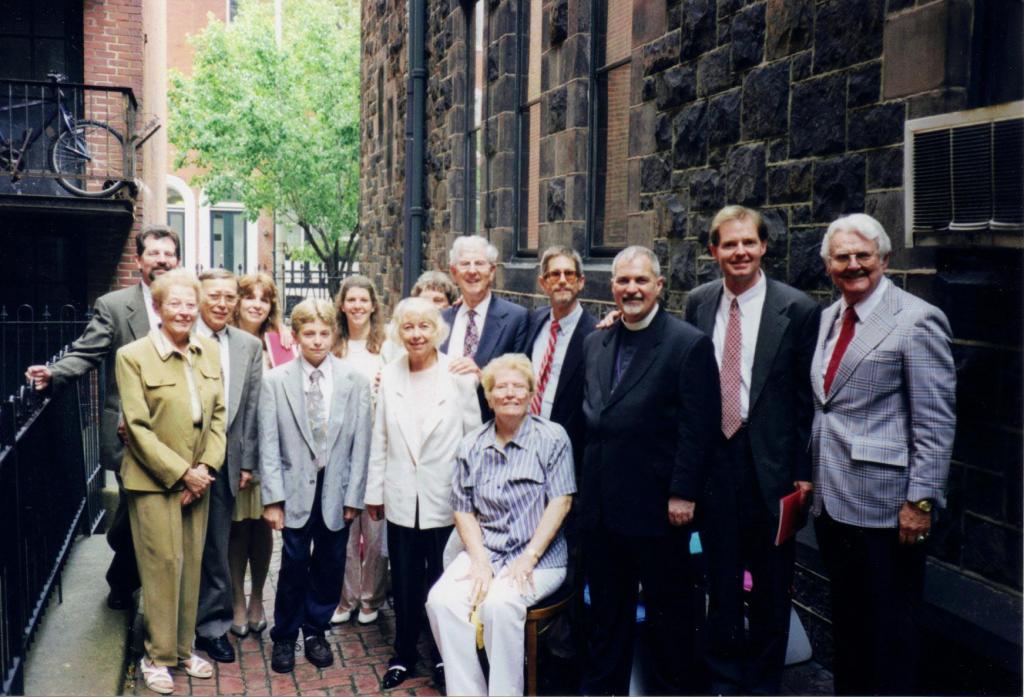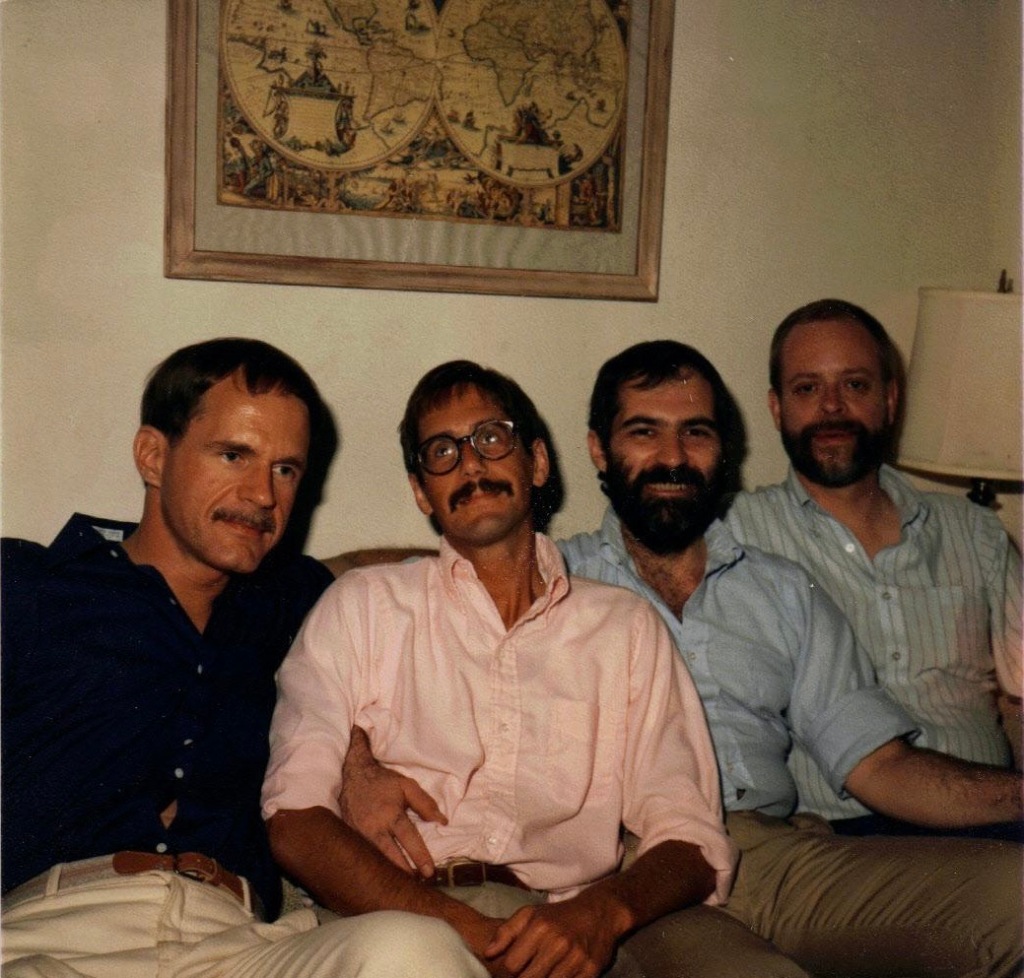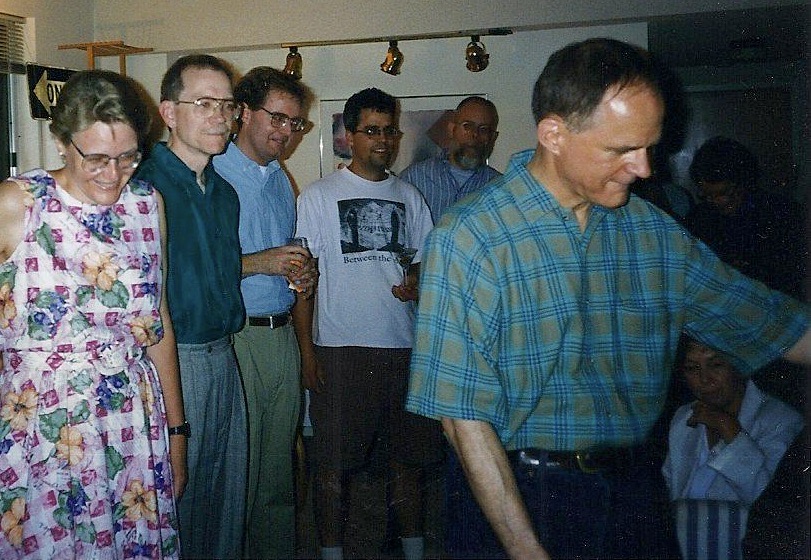Summer has almost come to Oregon. Our roses are blooming; no wonder Portland was long ago declared “Rose City”–roses absolutely love the climate here. Their beauty attracts not only the wonder and love of humans, who, in loving them, build up love, but also, of course, bees … every time I go out to clip flowers I get to mingle with bees buzzing merrily around. It is God’s creation, which is intended to be a synchrony, and when things work in sync, life is filled with love.
Amazing love.
Glorious love.
Grace, which is the gift of love.
The love that dwells in our hearts, which leads us to sing thanks and praise, is the pathway to eternal life [Psalm 138].
We live in a complex multiverse. In one dimension you and I are God’s graced, gifted, LGBTQ+ people, living lives of love, giving love with every breath, building up love. It is critical that we continue to build up love, so that the dimension in which we live is filled up with love and has no room for a void.
Wisdom is experienced love in action, the very voice of love. That void I mentioned above can occur in other dimensions where love is not so prevalent, such that there is space for fear to intrude; fear rejects wisdom [1 Samuel 8:4-11, (12-15), 16-20, (11:14-15)].
Grace is love realized in action [2 Corinthians 4:13-5:1]. Grace expands to more and more people as love builds up. As grace abounds, thanks abound, and more love is built up. Love, which is eternal, cannot be seen but renews “our inner nature … day by day … we have a building from God, a house not made with hands, eternal in the heavens,” which is the firmament of love.
Jesus builds an edifice on love, on walking in love, on love realized which is grace, on experienced love which is wisdom. Mark’s Gospel [3:20-35], which is pretty straight-forward in its narrative, tells it like it is: “The crowd came together again, so that Jesus and his disciples could not even eat.” Wow. That’s love for sure.
As Jesus goes love builds up and the people who realize the power of that love crowd around him. In Mark’s Gospel the dimension of love in which Jesus is operating is distinguished from others by an inside-outside continuum. We learn that Jesus’ biological family, “standing outside,” live in fear that obscures wisdom and grace. Jesus, inside the dimension of God’s love, reminds the crowd that it is those who walk in love who are really family.
I suppose it is inevitable to talk about logical or found or chosen family here. It is Pride month after all. We owe the term “logical family” to Armistead Maupin, who used it to describe families like those portrayed in the series Tales of the City. In Logical Family: A Memoir (HarperCollins, 2017) he wrote:
Sooner or later, though, no matter where in the world we live, we must join the diaspora, venturing beyond our biological family to find our logical one, the one that actually makes sense for us. We have to, if we are to live without squandering our lives.
Logical family is the gathering of those we love, who love, us, with whom we journey through our lives.
Let me show you some pictures.
This is my biological family gathered on the occasion of my ordination as a priest in 1998 (June 13, 1998, Trinity Memorial Church, Philadelphia):

It’s a pretty typical American family. That’s my brother with his hand on my shoulder and my Dad (his father, my step-father), then my husband to my right (your left) and his father, that’s his mother peaking over my mother’s shoulder, seated is my Dad’s wife, all the way to the left are my aunt and her husband and two cousins and one cousin’s wife and son. Some of us are related biologically, all of us are related through love. Many in this picture dwell with God now, but the love that binds us is eternal.
It is more difficult to portray my logical family, there are so many parts of it! First is a picture of our closest friends on the occasion of the blessing of our relationship in Urbana, Illlinois in 1986 (that’s us in the middle, our best friends Tom on the left and Harry on the right):

Here is a picture of more logical family gathered the evening before my ordination as deacon (June 21, 1997):

If you look closely you will see that the same two guys from 1986 (Tom and Harry) are in the photo from 1997, along with new friends, and my brother and my mother (lower right) (I’ve just been presented with the stole that will be given to me in ordination, which Tom is holding out of the frame).
This is some of our family of love, this is an example of the family we live eternally with in God’s dimension of love.
What does your family look like? Just look around you to see, to know, to receive grace and wisdom from those who occupy God’s dimension of love with you.
Proper 5 Year B 2024 RCL (1 Samuel 8:4-11, (12-15), 16-20, (11:14-15); Psalm 138; 2 Corinthians 4:13-5:1; Mark 3:20-35)
©2024 The Rev. Dr. Richard P. Smiraglia. All rights reserved.

